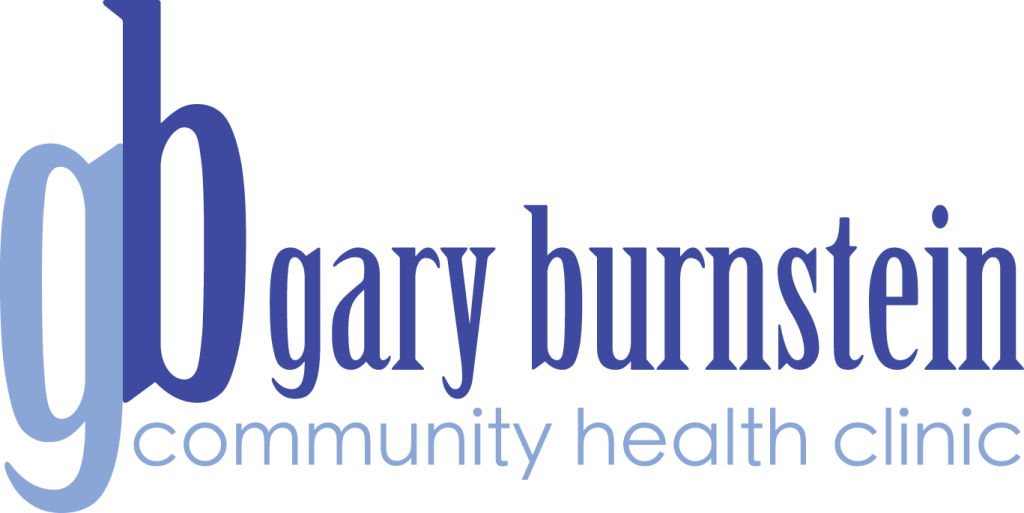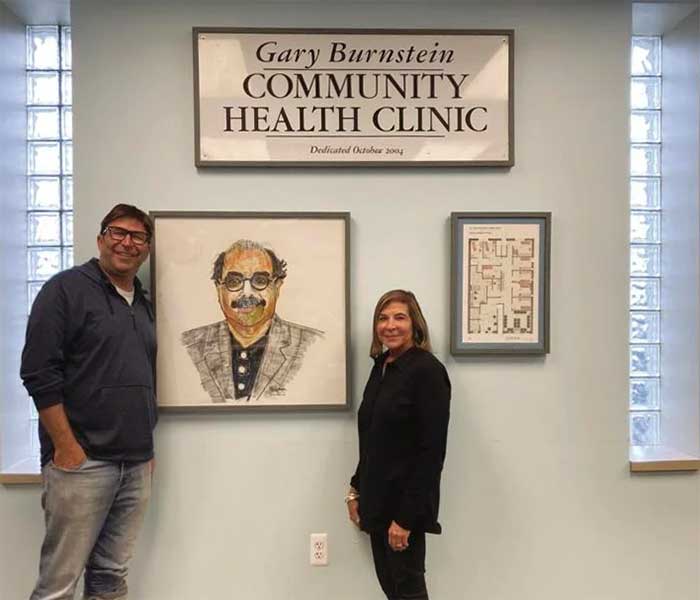
Burnstein family expands legacy of health care for the uninsured.
In 1997 Gary Burnstein, D.O, a cardiologist, received a letter from Grace Centers for Hope, a nonprofit serving homeless individuals in Pontiac. Grace was seeking physician volunteers to care for its clients and Dr. Burnstein agreed to help.
According to Dana Burnstein, Dr. Burnstein’s wife, “He was always willing to go to bat for his patients — paying for tests if needed. It’s just who he was — a kind, caring humanitarian.”
In 2002, Dr. Burnstein decided to expand this medical volunteer service, in conjunction with other individuals, to create a 501 (c) 3 nonprofit clinic for people without health insurance. “He thought that too many people were not getting the health care that they needed,” said Dana Burnstein, who is a founding member, immediate past president and CEO emeritus of the clinic.
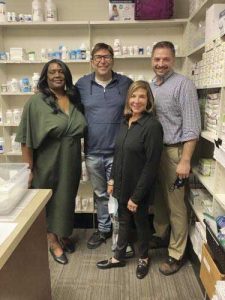
Sadly, Dr. Burnstein died in 2003, but the following year, Kensington Church raised
$500,000 and provided materials and labor to renovate space in the Pontiac Rescue Mission for the free clinic that he imagined. The Gary Burnstein Community Health Clinic (GBCHC) opened in 2004, providing free care for low-income adult Michigan residents without insurance.
By 2012, the patient base had expanded, and a larger, more comprehensive facility was needed. Through assistance from the Peterson Family Foundation, a former ball bearing factory on Woodward in Pontiac was acquired and retrofitted into a modern, well-appointed medical building. Opened in 2015, the 7,000-square-foot facility with seven examination and three dental treatment rooms counters the stereotype of what a free clinic is like. Additional dental treatment rooms were added in 2021 with funding from the Delta Dental Foundation, the Michigan Dental Association Foundation, and the Vera and Joseph Dresner Foundation.
Today, patient visits have reached 6,000 annually, back to pre-pandemic levels. In 2022 1,520 adults between the ages of 18 and 64 received medical, dental and optical care as well as prescription medications. Volunteer physicians, dentists, nurses and other health care professionals provide primary and specialty care for eligible adults.
Since retirement from private practice, Richard Stoler, D.O., has volunteered once a month at the clinic, providing otolaryngology (ENT) services for patients whose medical issues are often facial and ear pain, breathing problems, drainage due to acid reflux and TMJ. His patients —typically four to 10 per day — often are referred by the clinic’s primary care physicians. He welcomes this opportunity to give back to the community and is impressed with the clinic and its patients.
In order to receive the clinic’s free care, patients must be Michigan residents who are uninsured and ineligible for Medicaid or Medicare, with an annual income no higher than 250% of the federal poverty level. While some clinic patients are unemployed, others have jobs — often multiple part-time positions — that don’t provide health insurance. Others can’t afford insurance premiums or deductibles.
Sheila Louris, a Pontiac resident, had just retired from an airline and returned to Michigan to be with family members. She wasn’t old enough for Medicare but was rejected by Medicaid because her income was too high for this government insurance program for low-income individuals. Louris knew about the clinic but was initially uncomfortable seeking its care.
“I put my pride aside. I thought that a free clinic was a handout or sub-par, but it was the best thing that happened to me health-wise. They treated me like I had the best insurance possible — with respect and dignity, despite the fact that I wasn’t paying,” she said.
When Louris needed extensive imaging tests, clinic staff helped her obtain assistance from St. Joseph Mercy Oakland Hospital in Pontiac. She subsequently agreed to join the clinic’s advisory board.
“St. Joe’s has been a fantastic partner,” said Justin Brox, M.D. He explained that most of the clinic’s laboratory tests are processed at the hospital. Dr. Brox, whose association with GBCHC began in 2011 as a volunteer physician, was named its CEO in 2015.
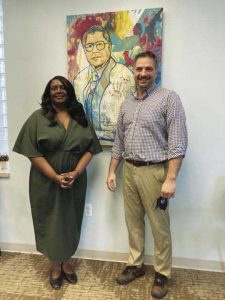
Patients typically hear about the clinic by word of mouth. Most patients live nearby but others travel as far as three hours, says Dr. Brox. Some staff members and volunteers are bilingual, which is helpful for patients whose primary language is Spanish. Recently, Jewish Family Service has referred Ukrainian refugees to the clinic.
Dr. Brox says that most patients seek care for chronic conditions such as hypertension and diabetes. Without the care provided by GBCHC, many individuals would end up in hospital emergency rooms — an expensive and often ineffective option, explains Ian Burnstein, Dr. Gary Burnstein’s son, who is the clinic’s board president. “There are delays for the patient and no continuity of care, and there is a financial loss to hospitals (for uninsured patients.) Here you’ve got great care, you’re not rushed, and you leave with a 90-day supply of medicine,” he says.
The clinic’s annual budget of $2.5 million is provided by individual and foundation donations, government grants for special programs such as COVID vaccinations, and fundraising events. In its early years, much of the funding came from the local Jewish community, including the Jewish Fund, which was critical to its start-up, says Ian Burnstein.
Jewish foundations, businesses and individuals have been major contributors, but a professional development person and the board are working to expand and diversify funding sources. In addition, a golf outing, Esteemed Women of Michigan awards dinner, and Hands that Care — a card playing event organized by Dana Burnstein — have all contributed to clinic operations.
The clinic’s high quality of care and compassionate staff members are the elements that attract patients, volunteers and donors alike. Ian Burnstein, who is the founder of Storage Pros Management, says that whenever he brings business or personal acquaintances to visit GBCHC, they are always impressed and want to contribute.
Volunteers are equally engaged. “Anyone who volunteers one shift is hooked,” says Lori Burnstein Taylor, Ian’s sister, who is the clinic’s board secretary and an administrator in the Waterford School District. Volunteer providers include not only physicians, nurses, dentists and dental hygienists but also health care students from local universities who eagerly sign up for volunteer slots.
Recently, the Burnstein family worked with a consulting firm to plan for the clinic’s future. Lori Burnstein Taylor explains that their goal is for GBCHC to evolve from a family organization into a community organization in order to ensure its longevity.
As a result, they decided that it was advisable to expand board leadership beyond the family. In September 2023, Linda Kovan, who has served on the board for eight years and is currently its secretary, will take over as board president. Kovan, a businessowner and experienced volunteer leader, was formerly a dental hygienist and comes from a family of physicians. Burnstein family members will continue to serve on the board.
The need for free medical care continues. As Sheila Louris says, “There are a lot of people out there like me.”
According to the U.S. Department of Health and Human Services, in early 2022, 11.8% of American adults were uninsured.
Ian Burnstein says that his father “would just be blown away” by what the clinic has become. Dana Burnstein is pleased at “how good his legacy is but he would have wanted to take his name off the building.” Ian and Lori agree.
In addition to his name on the building, inside the clinic a smiling portrait of Dr. Burnstein reminds everyone of how it was started by one doctor who wanted to help people.
Shari Cohen – The Jewish News
